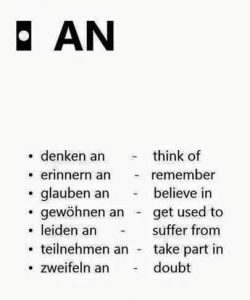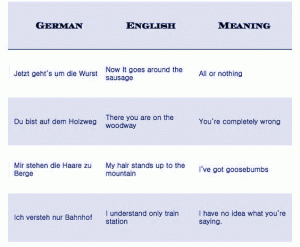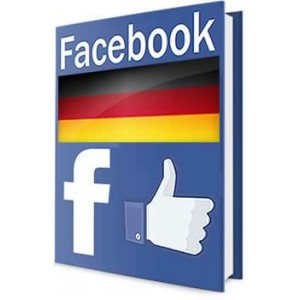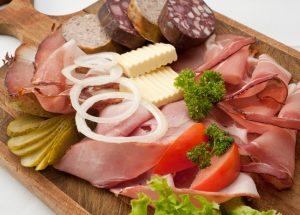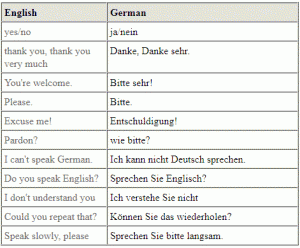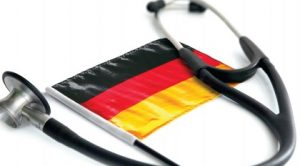A list of German verbs that are used with prepositions. It's important to know that verbs and prepositions tend to get kind of cozy with one another. Just as in English, there are specific verbs that are always followed by specific prepositions. … [Read more...]
German Idioms-2
German Idioms
German Culture Poll
[qsm quiz=1] … [Read more...]
Vesper – German Snack Time
All of us have heard of Vesper - Vesper Lynd, a striking Bond girl from the movie Casino Royale, and a drink James Bond called after her. However when it comes to Germany, it means something completely different. German Vesper comes from the verb vespern - which means having a snack between the main meals. Because adults also need to keep … [Read more...]
Useful German Phrases for Travelers – Basics
Traveling to Germany can be an exhilarating experience, but knowing some key German phrases can make your journey even more enjoyable and seamless. Whether you're exploring bustling cities like Berlin and Munich or quaint villages in the countryside, these phrases will help you communicate effectively and immerse yourself in the local culture. By … [Read more...]
German Dog Breeds: Rottweiler
The Rottweiler is one of the oldest of herding breeds. With a history possibly dating back to the Roman Empire, the Rottweiler may be a descendant of ancient Roman drover dogs - a mastiff-type dog that was a dependable, rugged dog with great intelligence and guarding instincts. During their quest to conquer Europe, the Roman legions traveled in … [Read more...]
German Dog Breeds: Boxer
The Boxer is a medium-sized, short-haired breed of dog, developed in Germany. The coat is smooth and tight-fitting, colors are fawn or brindled, with or without white markings, and white. Boxers have broad, short skulls, have a square muzzle, an underbite, very strong jaws, and a powerful bite ideal for hanging on to large prey. Boxer was bred in … [Read more...]
Party Like a German
It's party season, and to help you seamlessly blend into German life and culture we've put together our top ten ways you can avoid embarrassment while you're keeping out the winter chill. 1. Arrive on time. Germans love nothing more than punctuality. While 'fashionably late“ might be a desirable quality in more laid-back countries, it won't win … [Read more...]
Health Care Providers in Germany
Germany's principal health care providers are its physicians, dentists, and three types of hospitals (public, private nonprofit, and private for-profit). The health industry also includes large pharmaceutical companies and the manufacturers of various kinds of medical supplies. Public health departments, which are operated by the Länder, are not an … [Read more...]
- « Previous Page
- 1
- …
- 6
- 7
- 8
- 9
- 10
- …
- 12
- Next Page »
